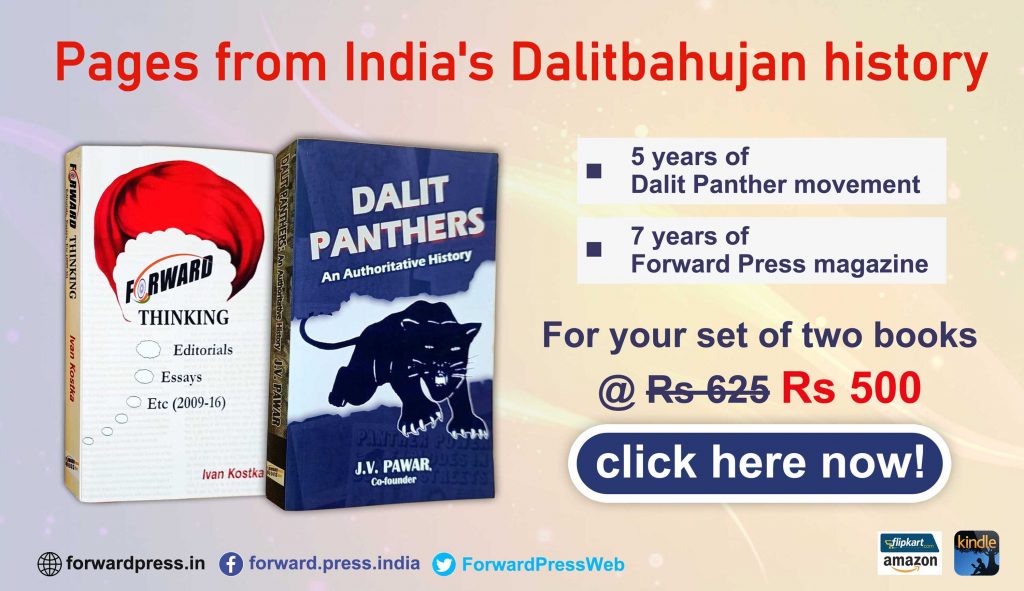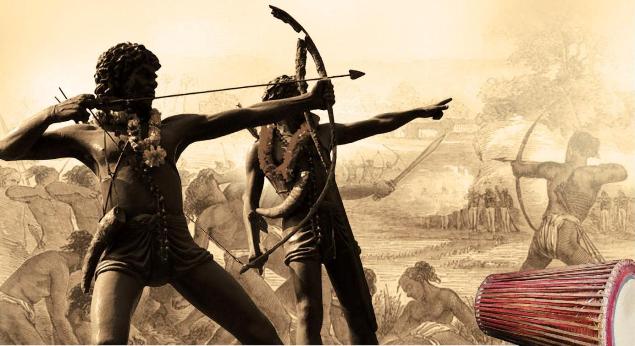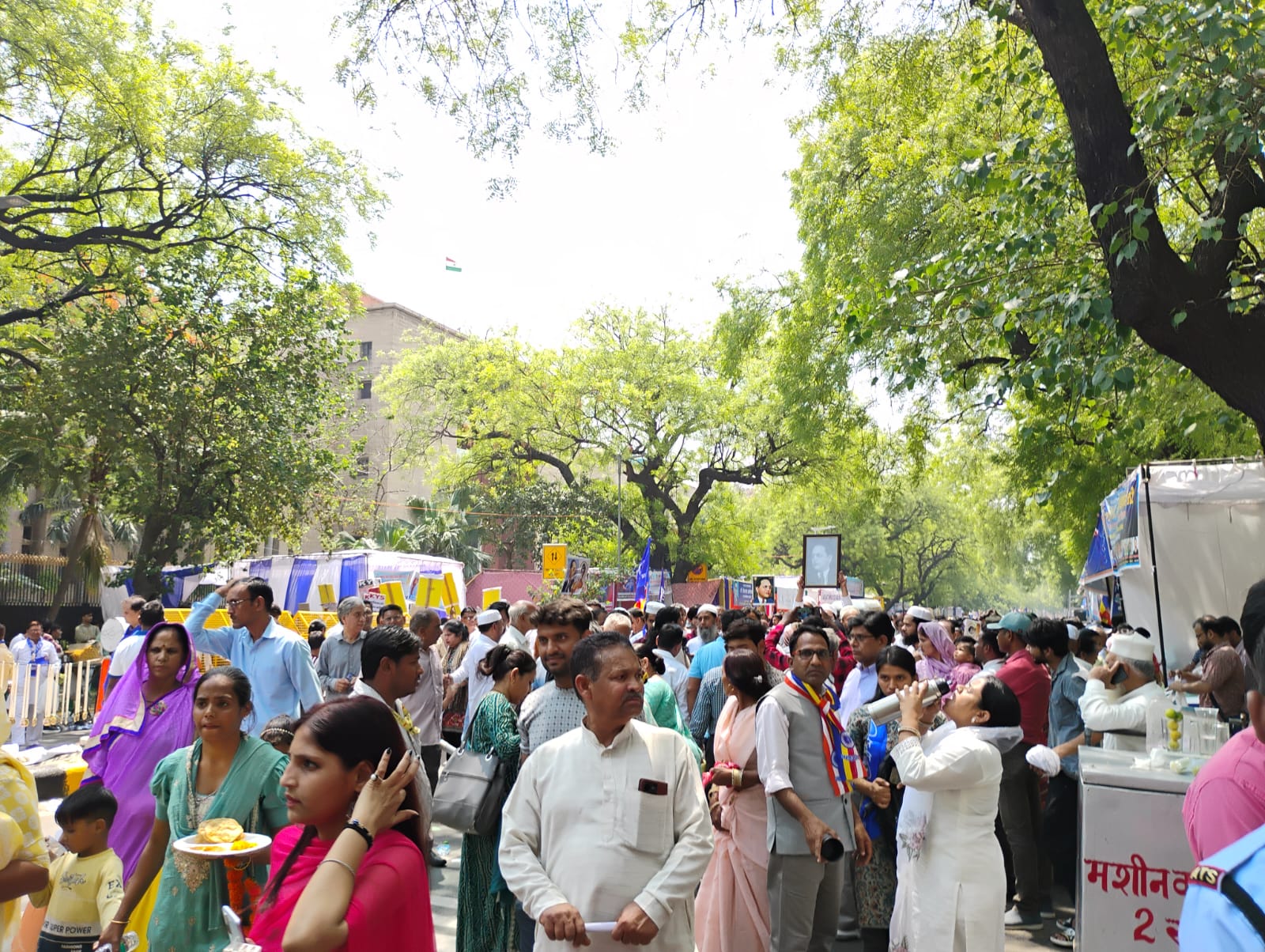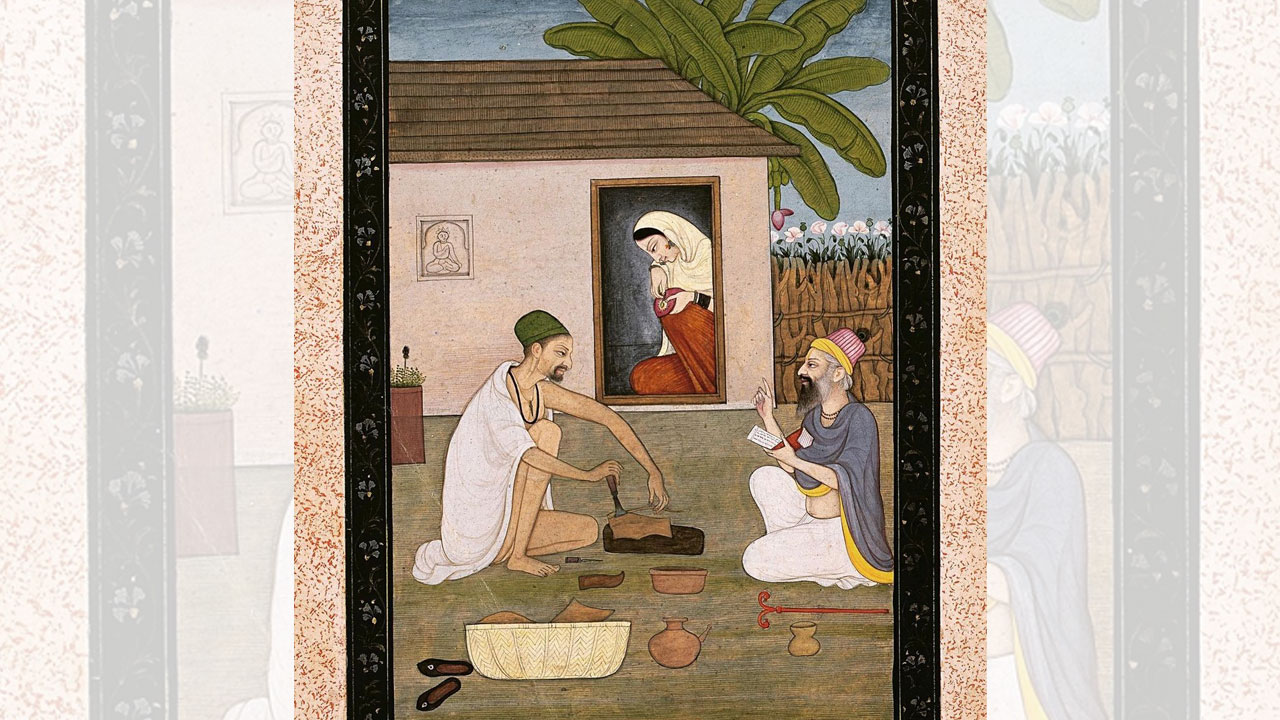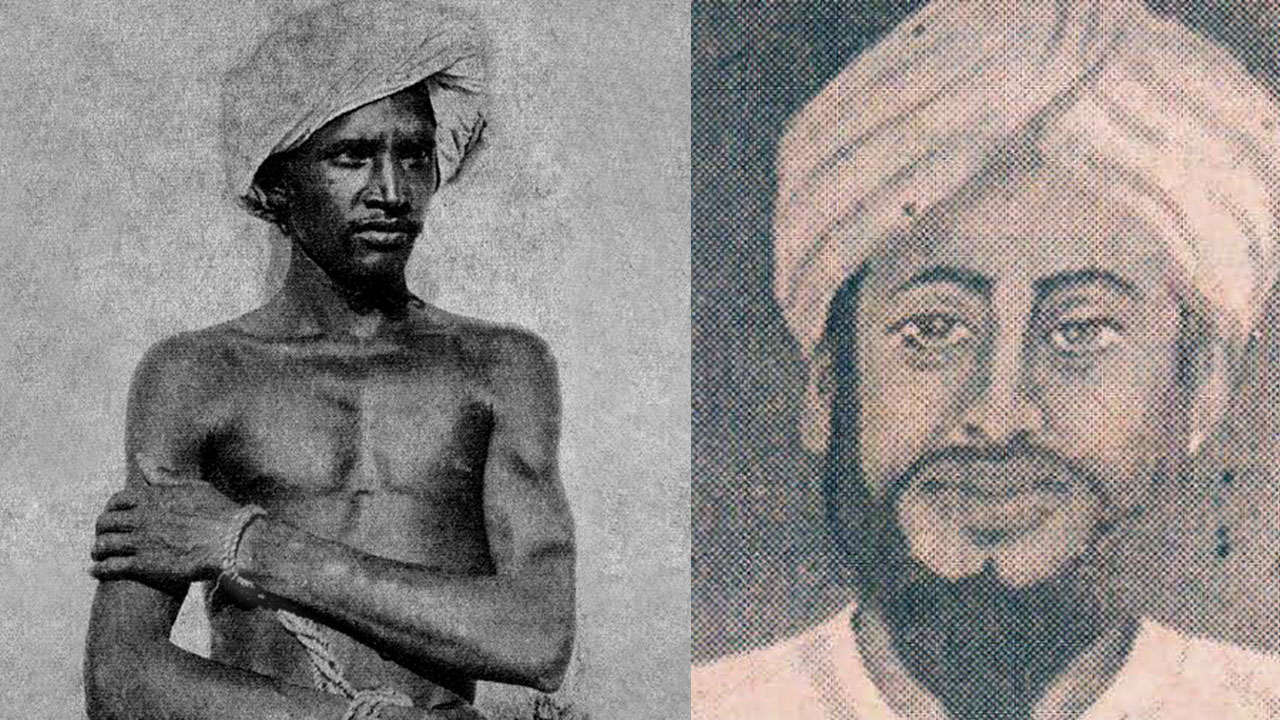So, what have we to learn from this pandemic? We need to be extra-cautious against the nefarious spread of this deadly virus, and to be socially well-connected to come together and confront this common enemy of mankind. We have been asked to practise social distancing, but in the Indian context, social distancing is not merely an injunction that is now being observed transiently till the Covid-19 has run its course. Caste and creed have long been creating social distancing in our society, but of a type which pandemics do not recognize.
We are quite used to the practice of keeping a social distance from the so-called lower castes. The centuries caste-based social exclusion has done great damage to our country. Despite opposition to this deeply entrenched social malady by social reform movements for thousands of years, caste-based social segregations and boycotting of the former Untouchable castes continue to survive, though subtly, even today. Many of the historically oppressed people still live in segregated neighbourhoods in the vicinity of villages in the vast rural areas of our country, even after many decades of independence (Ram 2016:32-39). Purifying utensils, considered polluted after use by former Untouchables, in fire was a common practice not so long ago, as was the removal of the ‘pollution’ caused by a former Untouchable by taking a dip in a holy sarover (pond) or river and/or with a sprinkle of holy water.
What we need to do today as Covid-19 wreaks havoc is to practise not only physical distancing (to use this term in place of social distancing), in common with the rest of the world but also, to coin a phrase, “social proximity”, that is social cohesiveness, to put our emotional, cultural, social and material resources together for common use. This feeling of cohesiveness is what Dr B.R. Ambedkar called fraternity. One aspect of this fraternity or social cohesiveness would be a sense of collective concern manifesting in a far stronger compliance with both moral and legal injunctions for the greater public good. In the present Covid-19 situation, physical distancing and self-isolation could have been appreciated and implemented rather more earnestly had fraternity been allowed to evolve in our society. For the realization of the intrinsic purpose of physical distancing and social isolation, that is to save mankind from the rage of the current pandemic, we need a cohesively strong society. Such a socially cohesive strong society in turn depends on the depth of fraternity in its social interaction.
Furthermore, fraternity sows the seeds of equality and greater liberty. If the centrality of fraternity is accepted, then the underlying wisdom in the vision of Dr Ambedkar, which emphasized the interconnectedness of liberty, equality and fraternity for the emergence of social democracy in India, becomes clear. The more socially cohesive we are, the more capable we will be to face the current and any such future challenge.

Dr Ambedkar rightly said that caste is antithetical to a nation. It does not only divide labour but also labourers. A caste-riven society prevents, or at least hinders, the growth of fraternity. For the social democracy to take root in India, caste needs to be stamped out entirely. Fraternity and caste cannot coexist. Fraternity is foundational for a sound social democracy. It is in this crucial context that we need to assure ourselves that this temporary alleviative and precautionary measure of physical (social) distancing to fight the Covid-19 pandemic should not be allowed to further intensify the already existing subtle caste-based social boundaries in our social set-up. The real strength of a nation to boldly face any challenge, natural or whatever, as emphasized by Dr Ambedkar, depends on fraternity. It is the lifeline of a nation. Electoral democracies devoid of fraternity within their respective social realms have often pushed their respective political regimes towards authoritarianism. Political democracy without social democracy cannot put an end to widening of inequalities, nor does it help create a conducive environment for the emancipation and empowerment of the downtrodden. Rather, it converts the latter into its potential constituency for continuous electoral gains at different intervals.
Dr Ambedkar warned of serious consequences of having only political equality (one man, one vote, one value) without social and economic equality in independent India (Ram 2010: 12-38). To make everyone realize equal value of his/her vote, (s)he needs to be brought on a par with those who have been historically better-placed in terms of social status and economic conditions. Social democracy is not only vital for a viable political democracy but it is equally imperative for boldly facing a common enemy like the Coronavirus pandemic.
References
Ram, Ronki (2016), “Sacralising Dalit Peripheries: Ravidass Deras and Dalit Assertion in Punjab,” Economic and Political Weekly, Vol LI, No 1, pp 32-39.
Ram, Ronki (2010), “Dr. Ambedkar, Neo-liberal Market Economy and Social Democracy in India,” Human Rights Global Focus, Vol 5, No. 3, pp 12-38.
(Copy-editing: Anil)
Forward Press also publishes books on Bahujan issues. Forward Press Books sheds light on the widespread problems as well as the finer aspects of Bahujan (Dalit, OBC, Adivasi, Nomadic, Pasmanda) society, culture, literature and politics. Contact us for a list of FP Books’ titles and to order. Mobile: +917827427311, Email: info@forwardmagazine.in)
The titles from Forward Press Books are also available on Kindle and these e-books cost less than their print versions. Browse and buy:
The Case for Bahujan Literature
Dalit Panthers: An Authoritative History
